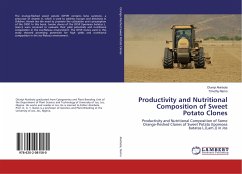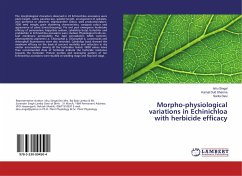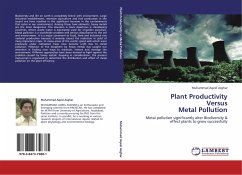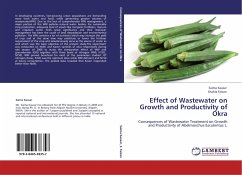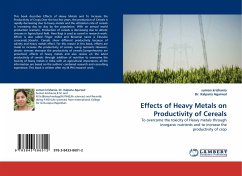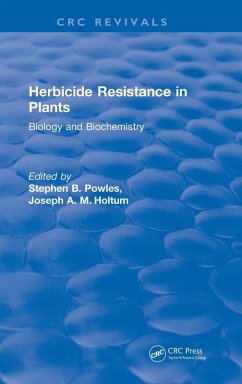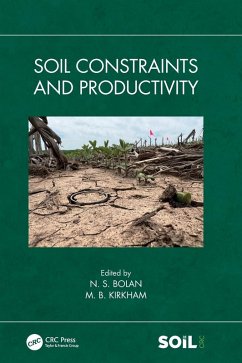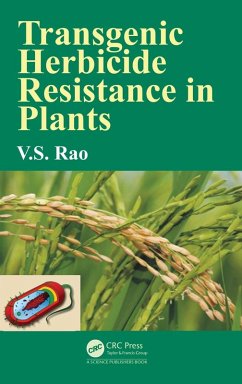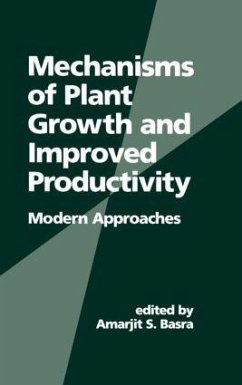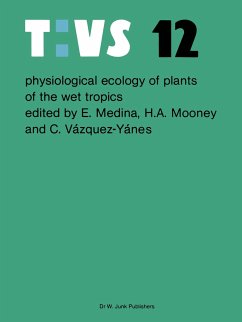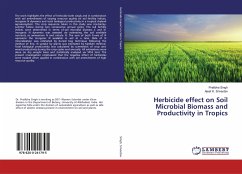
Herbicide effect on Soil Microbial Biomass and Productivity in Tropics
Versandkostenfrei!
Versandfertig in 6-10 Tagen
41,99 €
inkl. MwSt.

PAYBACK Punkte
21 °P sammeln!
The work highlights the effect of herbicide both singly and in combination with soil amendments of varying resource quality on soil fertility indices, inorganic N dynamics and total biological productivity in a tropical dryland agroecosystem. The crop sequence taken in this study was rice-barley-summer fallow during two consecutive annual cycles. The soil fertility indices were determined in terms of soil microbial biomass C and N. Inorganic N dynamics was assessed via estimating the soil available nutrients as ammonium N and nitrate N. The sum of both forms of N represent the inorganic N avai...
The work highlights the effect of herbicide both singly and in combination with soil amendments of varying resource quality on soil fertility indices, inorganic N dynamics and total biological productivity in a tropical dryland agroecosystem. The crop sequence taken in this study was rice-barley-summer fallow during two consecutive annual cycles. The soil fertility indices were determined in terms of soil microbial biomass C and N. Inorganic N dynamics was assessed via estimating the soil available nutrients as ammonium N and nitrate N. The sum of both forms of N represent the inorganic N available in soil at a time. Rate of N mineralization was estimated by buried bag technique following the method of Eno. N uptake by plants was estimated by Kjeldahl method. Total biological productivity was calculated by summation of crop and weed productivity during the crop cycles and annually. All estimations were done on dry weight basis and statistically analyzed via SPSS tool. The presentinvestigation emphasized that the negative effect of herbicides were masked when applied in combination with soil amendments of high resource quality.



